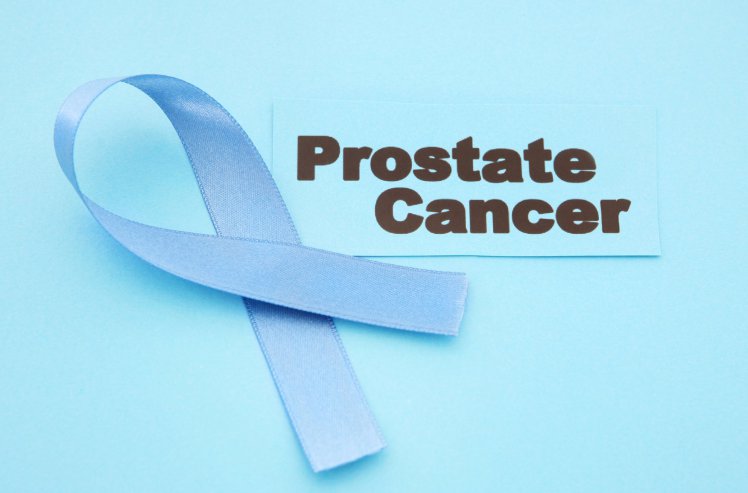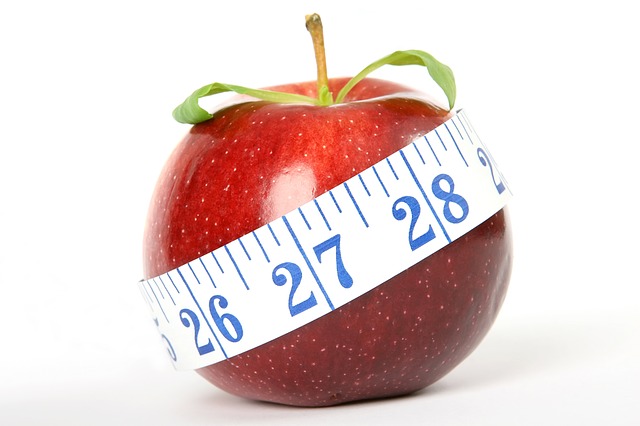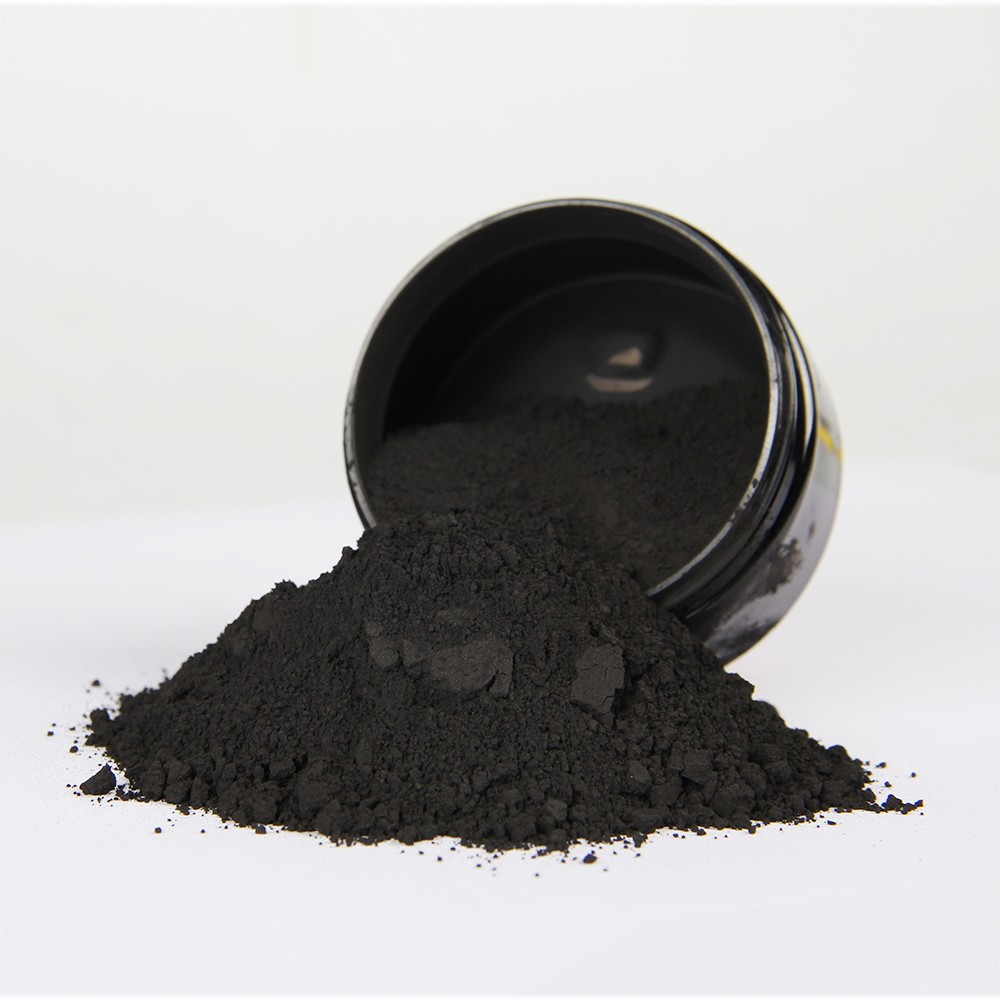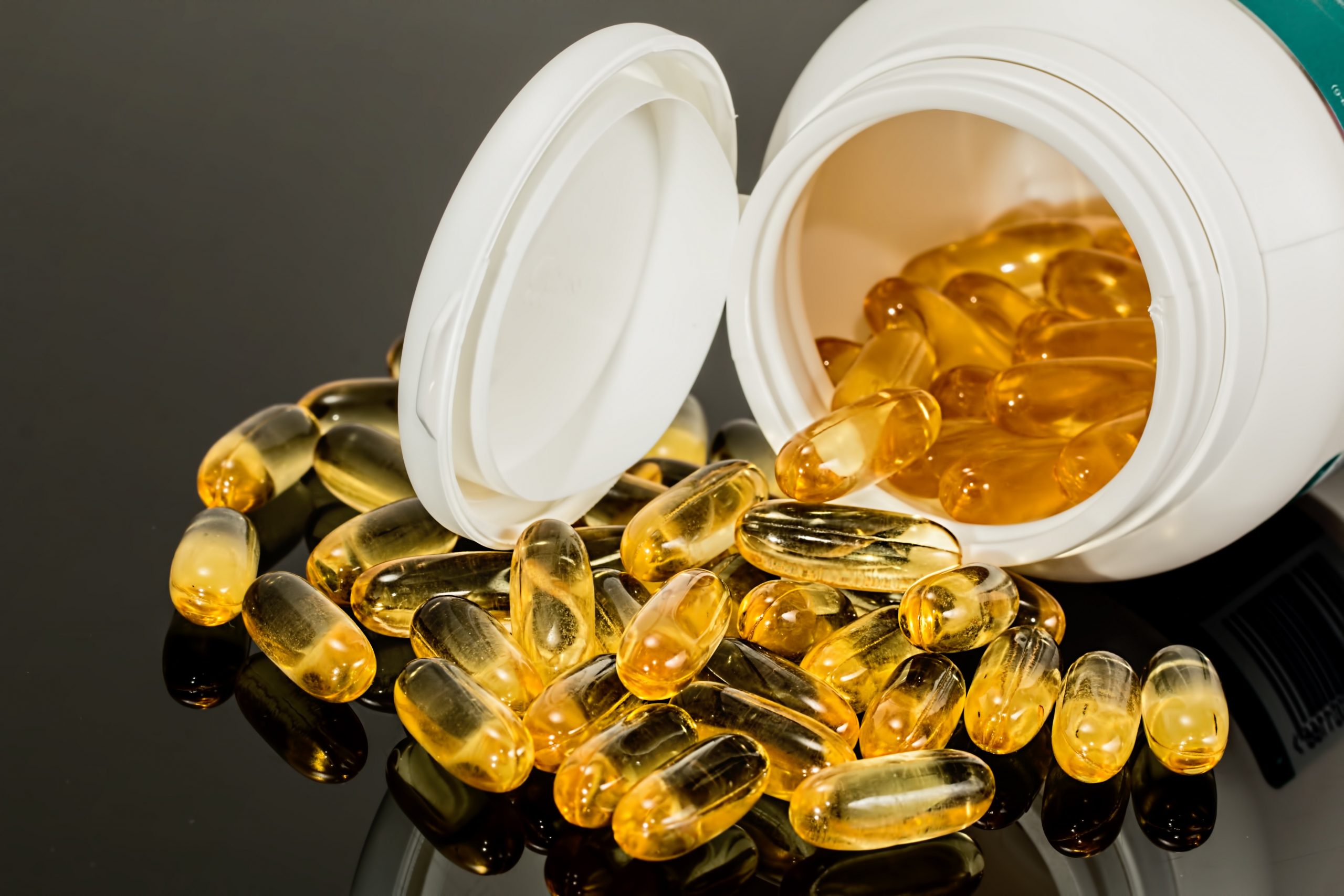Prostate cancer is one disease that has been on the rise in different years. With awareness of prostate cancer increasing, a large number of deaths can be attributed to the disease. Prostate cancer as we know it is the development of cancer in the prostate. The prostate is a gland located in the male reproductive system. It is a walnut-sized exocrine gland. This means that its fluids and secretions are intended for use outside of the body. The prostate produces the fluid that nourishes and transports sperm on their journey to fuse with a female ovum, or egg, and produce human life. The prostate contracts and forces these fluids out during orgasm. The gland is very important to the reproductive system of a man. Another function of the prostate is urine control. It can tighten and restrict the flow of urine through the urethra using thousands of tiny muscle fibres. This cancer is a slow poison because some prostate cancers grow slowly, however, sometimes cancer could be relatively quick. The cancer cells may spread from the prostate to other areas of the body, particularly the bones and lymph nodes and might initially cause no symptoms. In later stages of prostate cancer, difficulty urinating may be experienced along with blood in the urine or pain in the pelvis, back, or when urinating. Though other diseases involving the prostate may produce similar symptoms, that of prostate cancer can send you to the grave if attention isn’t paid to it. prostate cancer is the most common cancer amongst men. Prostate cancer stages are up to 5. If the disease is diagnosed at stage 0, then treatment can be easily achieved, however, stage 4 prostate cancer is deadly. Stages 1 and 2 of prostate cancer are also considered early stages and in these stages, cancer spreads slowly and may take years to cause visible symptoms and major health failure.
Causes of Prostate Cancer
There are many factors which can cause or increase the risk of prostate cancer, therefore, people who fall into these demographics must be extra careful with their health. Risk factors include:
- Old age: The older you become as a man, the higher your risk of contracting prostate cancer. Studies reveal that almost every case of prostate cancer occurs in males over the age of 50.
- Hereditary: Having a direct relative suffering from the disease will increase your chances of having prostate cancer.
- Diet: studies have shown that having a high processed meat diet, high dairy diet and a low vegetable diet increases your chances of having prostate cancer. This is caused by the content of these produced that are harmful to the body being consumed in large quantities.
- Geography: Prostate cancer occurs more in North America, the Caribbean Islands, Europe and Australia.
- Obesity: Someone who is obese is more likely to have prostate cancer. With no real reason given, one can’t tell if it is caused by the level of fat in the body.
- Agent Orange: Agent Orange is a chemical weapon used in Vietnam war which has been linked to the development of more radical cancers.

photo via prostatecanceradvisorycouncil.org
Prostate Cancer Treatment
In cancer care, different types of doctors—including medical oncologists, surgeons, and radiation oncologists— work together to create a full treatment plan that may combine different type of treatments to treat cancer a patient has. Prostate cancer treatment options depend on many factors which include the type of cancer, stage, age, past conditions etc. Most times, prostate cancer cases are managed with active observation and patience. Treatment of the disease includes a combination of surgery, radiation therapy, hormone therapy or chemotherapy. When cancer occurs only in the prostate, there is a higher chance of it being curable as the prostate cancer survival rate is not on the high side. In those in whom the disease has spread to the bones, pain medications, bisphosphonates and targeted therapy, among others, may be useful. The outcomes of various treatments heavily depend on a person’s age and other health problems as well as how aggressive and extensive the cancer is. As deadly as the disease is, most people with prostate cancer do not end up dying from it.
Prostate Cancer Symptoms
- Frequent urge to urinate, especially at night. When you feel the urge to urinate more often than normal, and at night, there is a need to raise an eyebrow, It may not be prostate cancer, however, it is a symptom for many diseases including prostate cancer.
- Blood in urine: If you have prostate cancer, one of the symptoms is blood present in your urine. The sight is scary, alarming and abnormal, therefore, see your doctor.
- Difficulty urinating: This cancer makes urinating difficult in the sense that it will become a tedious task to start urinating and continue urinating normally.
- Erectile dysfunction: This symptom of prostate cancer involves the inability to achieve and maintain an erection it will also be difficult to try.
- Painful urination and ejaculation: Someone with prostate cancer would experience painful urination and ejaculation. Painful ejaculation is a symptom that is less common than others.

photo via hergillurology.com
Prevention of Prostate Cancer
As the old saying goes “prevention is better than cure”. However, you cannot prevent what you do not know and understand. After gaining knowledge on what prostate cancer is, the symptoms and causes, it is safe to say that we can deduce preventive methods for prostate cancer. To be clear, there is no one way, sure way or permanent way to prevent prostate cancer. For men who fit the demographics of people more likely to have prostate cancer, it is only wise to live a life beneficial to your health and further reduce your chances of having prostate cancer.
-
Cut down on the fat
Eating a diet that is healthier and low-fat is a step towards being prostate free. Knowing full well that the body needs fat to have a balanced diet, it is advisable to consume a vegetable fat-based diet as opposed to fat from red meat.
-
Eat more plant products than animal products
Boycott dairy and other animal products and head over to the vegetable line. The same nutrients you derive from animal products can be derived from plants as well, and its healthier. Go for plant-based nutrients and kiss prostate cancer goodbye.
-
Increase your fruit intake
Increase your fruit consumption so you can enjoy the vitamins they provide. These fruits contain essential vitamins like Vitamin E which acts as an anti-oxidant in the body, strengthening the immune system, fighting free radicals that can cause harm to the body.
-
Exercise
Exercise has many health benefits asides losing weight. Exercise aids internal body activities. For example, exercise reduces your risk of heart disease and prostate cancer. It keeps the body active and in turn, helps you to lose weight
-
Maintain a healthy body weight
Anyone with a BMI of 30 and over is obese. Obesity increases the risk of having prostate cancer, therefore, it is important to maintain a healthy body weight. You can lose weight by exercising, reducing your calorie intake, reducing your fat intake and more.
-
Regular check-ups
Seeing your doctor regularly can help you prevent having prostate cancer. This is because frequent doctor’s visits will open your mind to your risks, causes, and preventive methods. It will also keep you informed about your personal health.






